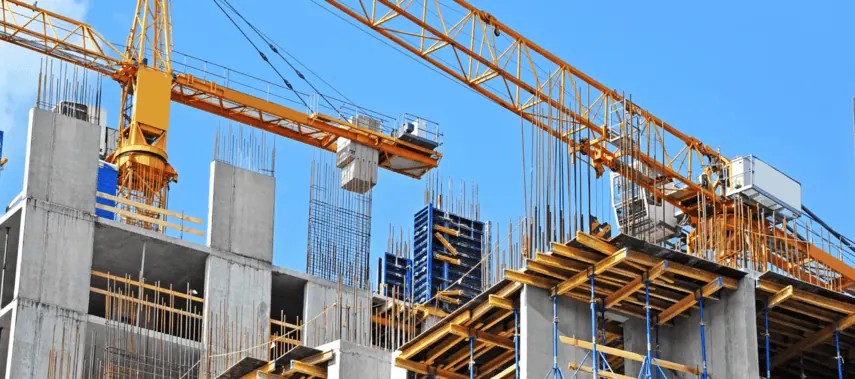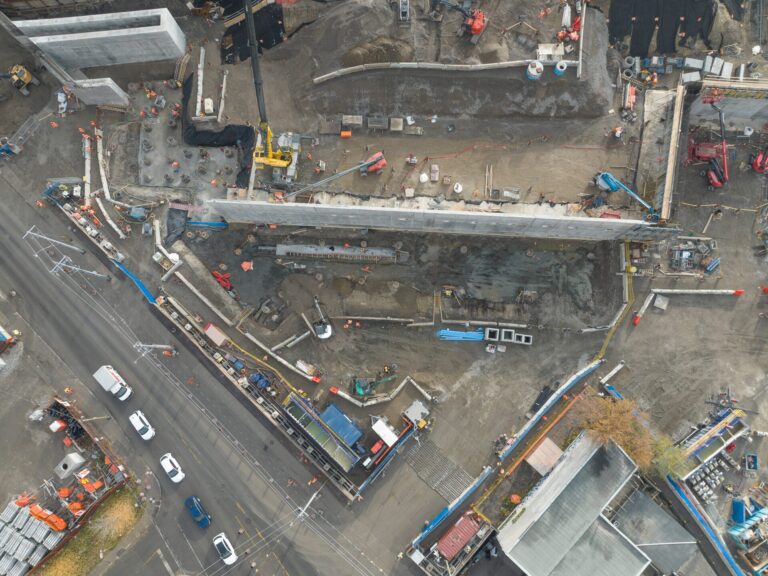Nine of Canada’s largest general contractors—Aecon, Bird, Chandos, EllisDon, Graham, Ledcor, Multiplex, PCL, and Pomerleau—have partnered with The Transition Accelerator to release a report that charts a path on how to meet the scale of Canada’s construction challenge while reducing emissions from jobsites across the country. Drawing on operational data from more than 600 real-world projects, Growing and Greening Canadian Construction: Five Ways for Canadian Construction Companies to Build More and Emit Less is the first initiative of its kind in Canada to rigorously analyze construction-site emissions and identify practical, high-impact actions to reduce them—and potentially improve efficiency and affordability in the process.
Construction is central to Canada’s future growth, and the sector recognizes the need to address jobsite emissions, an area with limited representation in national emission inventories. The Canadian Construction Sustainability Alliance brings together industry leaders to tackle the challenges and opportunities of building a low-carbon Canada.
“This level of cooperation and data sharing has never been done before in Canadian construction. It provides an evidence-based foundation to chart credible pathways to carbon neutrality while supporting growth and competitiveness,” said Moe Kabbara, president, The Transition Accelerator.
Based on real operational data from more than 600 projects nationwide, the report identifies five priority actions for the sector:
- Electrify light-duty vehicles and small equipment;
- Optimize and electrify temporary heating;
- Adopt renewable diesel as a bridge fuel;
- Connect sites to grid power instead of diesel generators; and
- Deploy hybrid and electric excavation equipment.
The analysis shows that these five priority actions could reduce industry-wide jobsite emissions by up to 75 per cent if fully implemented by 2040 while improving cost control, safety, and reliability. Early adoption could deliver a 25 per cent reduction at a national level by 2030.
“This report is clear: top Canadian construction companies are ready to lead the industry through the climate transition while our industry continues to build the infrastructure required to ensure Canada’s ongoing prosperity,” said Rodrigue Gilbert, president, Canadian Construction Association.
Featured image: (The Transition Accelerator)












